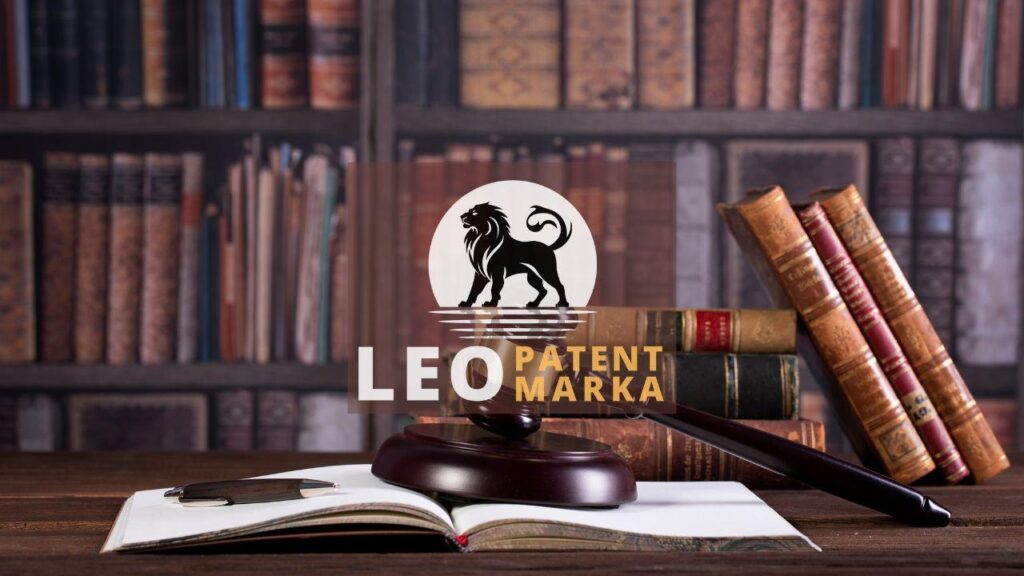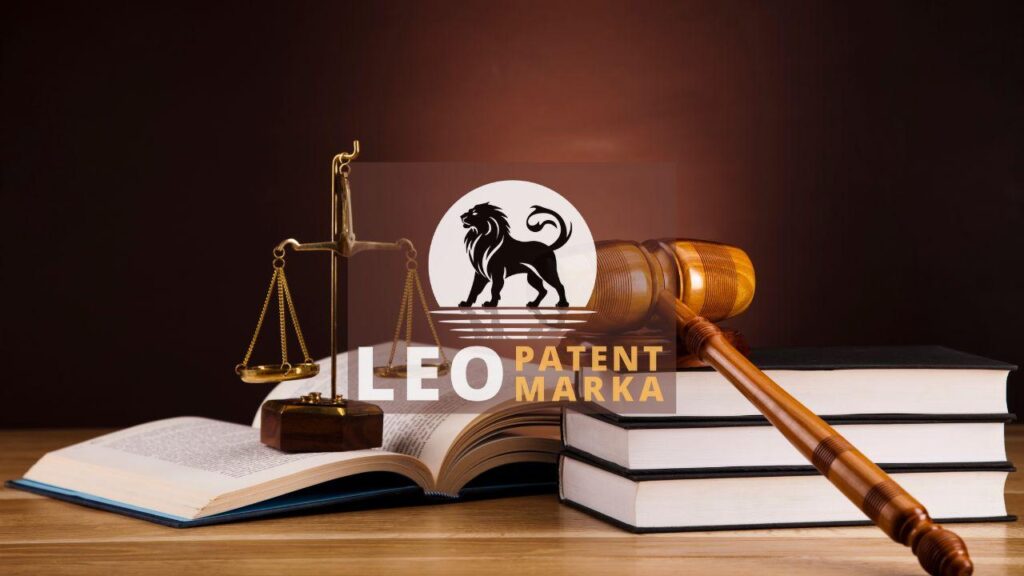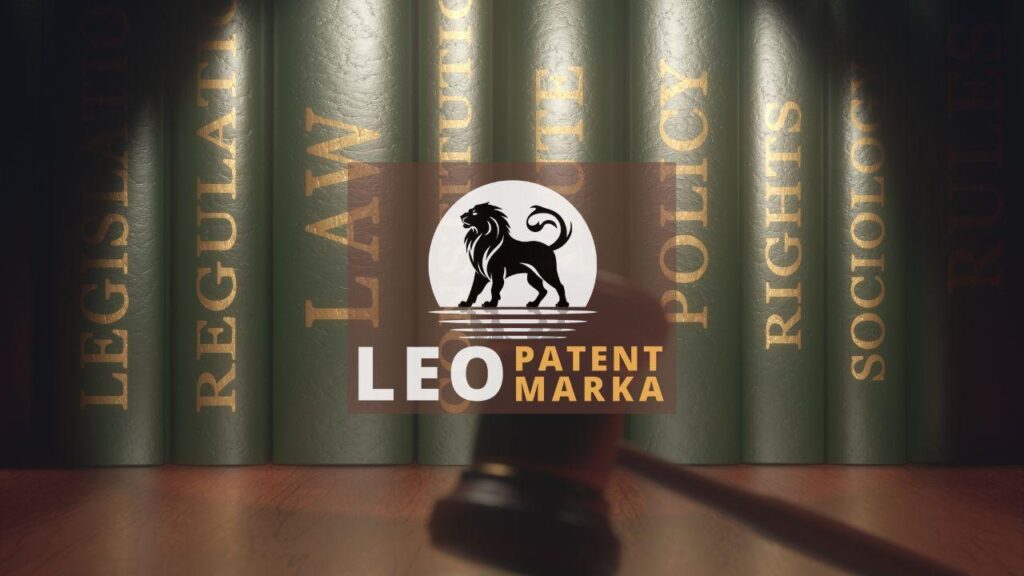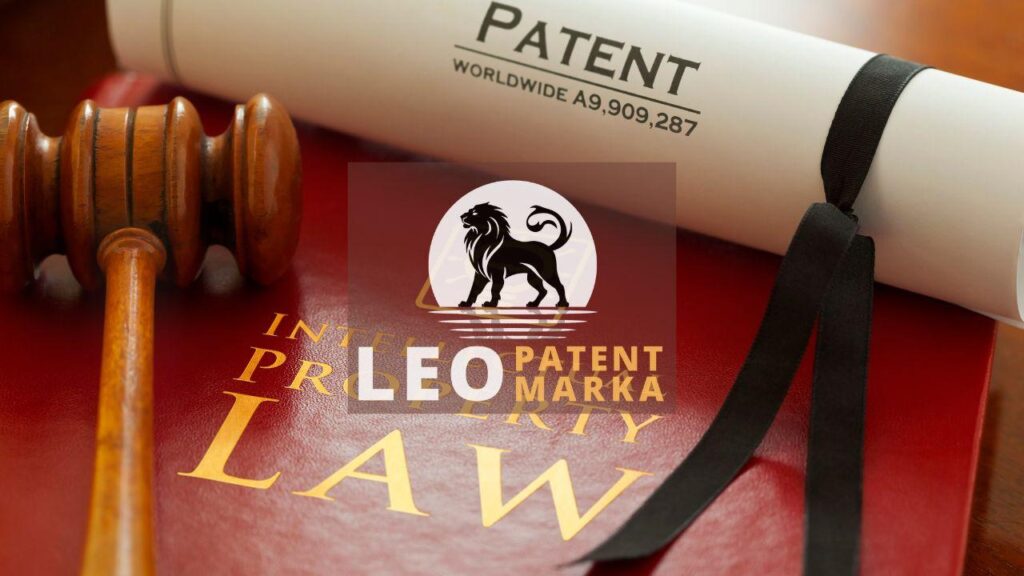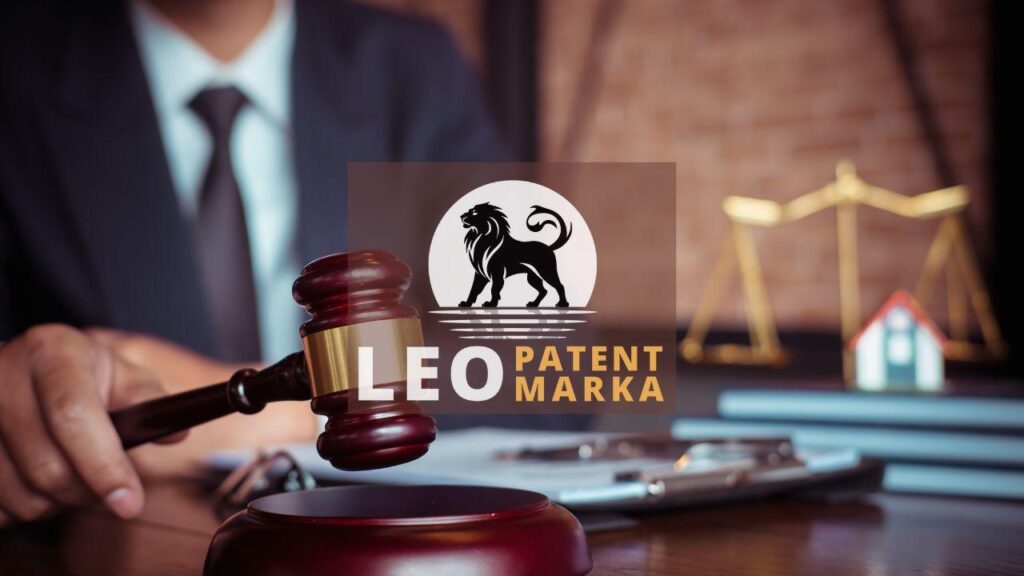In the dynamic landscape of intellectual property rights in Turkey, understanding the intricacies of copyright licensing agreements is crucial for safeguarding your creative works while leveraging their commercial potential. At Leo Patent, we recognize the importance of meticulously crafted agreements to ensure that authors, artists, and creators retain control over their intellectual assets and receive appropriate compensation. Whether you are an individual creator or a business entity seeking to exploit copyrighted materials, preparing a comprehensive licensing agreement is an essential step to delineate the rights and obligations of all parties involved. This blog post will guide you through the key elements and considerations involved in drafting an effective copyright licensing agreement under Turkish legal frameworks, ensuring your creative endeavors are well-protected and commercially viable.
Key Provisions for Compliance and Protection
When drafting a copyright licensing agreement in Turkey, it is vital to incorporate key provisions that ensure compliance with Turkish intellectual property laws and offer robust protection for your works. Essential clauses should delineate the scope of the licensed rights, specifying whether they are exclusive or non-exclusive, the geographic reach, and the duration of the license. Additionally, the agreement must clarify the permissible uses of the copyrighted material, such as reproduction, distribution, public performance, or adaptation. Clear terms on compensation structure, reporting requirements, and dispute resolution mechanisms will provide both parties a transparent and enforceable framework, mitigating the risk of future conflicts. These critical elements, meticulously drafted, form the cornerstone of a solid licensing agreement, securing both your legal standing and commercial interests.
Moreover, to ensure that the licensing agreement aligns with Turkish judicial standards, it’s imperative to include provisions that address moral rights, which are inalienable under Turkish Copyright Law. These rights, encompassing the right to be recognized as the author and the right to object to derogatory treatments of the work, must be explicitly respected and preserved within the agreement. Alongside these considerations, incorporating termination clauses that outline conditions under which the agreement can be revoked or amended helps in maintaining control and flexibility over the copyrighted work. It’s equally important to factor in local taxation and registration requirements, ensuring that all applicable fiscal responsibilities are met and that the agreement is formally registered for it to be enforceable. By addressing these aspects thoroughly, you ensure a fortified legal shield that not only protects but also honors the integrity of your creative work.
For those navigating the complexities of copyright licensing, another crucial aspect to consider is the inclusion of confidentiality and indemnity clauses. Confidentiality provisions safeguard sensitive information exchanged between parties, ensuring that proprietary details and strategic insights remain secure throughout the duration of the agreement. Indemnity clauses, on the other hand, protect licensors against potential legal claims or infringements arising from the licensee’s use of the copyrighted material. This is especially important in Turkey’s evolving digital and creative markets, where unauthorized use and intellectual property disputes can pose significant risks. By crafting these clauses with precision, you further bolster the legal rigor of your agreement, creating a resilient foundation for the successful commercialization and protection of your creative assets. At Leo Patent, we are committed to assisting you in navigating these intricacies, providing expert guidance to formulate a copyright licensing agreement that best serves your interests in Turkey.
Negotiating Terms with Creative Professionals
When negotiating terms with creative professionals, it is imperative to ensure that both parties have a clear understanding of their respective rights and obligations. This includes defining the scope of the license, such as the specific works covered, the geographical regions where the license will be valid, and the duration of the agreement. Additionally, it’s important to clearly outline the financial compensation structure, whether it be through royalties, upfront payments, or a combination of both. Transparency in these terms helps prevent potential conflicts and establishes a foundation of trust and mutual respect between the licenser and licensee. At Leo Patent, we assist in navigating these negotiations to ensure your agreements are both legally sound and mutually beneficial, reflecting the fair value and anticipated usage of the creative works involved.
Equally critical in the negotiation process is addressing the degree of exclusivity granted to the licensee. Depending on the nature of the creative work and the strategic objectives of both parties, you must decide whether to grant an exclusive license, which precludes the licensor from licensing the work to others, or a non-exclusive license, which allows multiple parties to utilize the same work. Furthermore, it’s essential to specify the permissible uses of the work, such as reproduction, modification, public display, and distribution. Delineating these usage rights clearly helps prevent unauthorized exploitation and ensures that the creative professional retains control over their intellectual property. At Leo Patent, we provide expert guidance on these considerations to help craft agreements that accurately reflect your desired business outcomes while preserving the integrity of the creative works.
Lastly, safeguarding against potential risks and ensuring proper dispute resolution mechanisms are crucial components of a solid copyright licensing agreement. This involves incorporating clauses that address issues such as indemnification, where parties agree to compensate each other for any legal claims arising from the licensed work, and outlining specific procedures for how disputes will be handled, whether through mediation, arbitration, or litigation. Including provisions for periodic review and amendments can also be beneficial, allowing the agreement to adapt to changing circumstances or unforeseen challenges. At Leo Patent, we emphasize the importance of these elements to provide a comprehensive and resilient framework for your licensing agreements, protecting your interests and fostering a stable, long-term business relationship with your creative partners.
Mistakes to Avoid during Drafting Process
One of the most common mistakes during the drafting process of a copyright licensing agreement is failing to clearly define the scope of the license. In Turkey, it’s essential to meticulously outline what rights are being granted, whether they are exclusive or non-exclusive, and the specific territories and duration covered by the license. Ambiguity in these areas can lead to significant legal disputes and potential loss of control over the copyrighted material. At Leo Patent, we emphasize the importance of precision in these clauses to avoid unintended consequences and ensure that both licensors and licensees fully understand their rights and limitations. By establishing clear parameters, you can safeguard against misuse or overextension of the granted rights, ultimately protecting the value and integrity of your creative works.
Another critical mistake to avoid is neglecting to address the issue of royalties and financial terms in the copyright licensing agreement. In the Turkish legal context, it is imperative to explicitly state the compensation structure, including how royalties will be calculated, the frequency of payments, and any conditions under which the royalties may be adjusted. Failing to clearly outline these financial arrangements can lead to disputes and even litigation. At Leo Patent, we guide our clients in defining transparent and fair compensation terms to ensure that creators are duly rewarded for their work. An effective agreement should also include audit rights, allowing licensors to verify the accuracy of royalty payments, further cementing trust and accountability between the parties.
Finally, overlooking the importance of termination and dispute resolution clauses in your copyright licensing agreement can lead to long-term complications. In Turkey, it is vital to specify the conditions under which the agreement can be terminated by either party, be it due to breach of contract, non-payment of royalties, or other predefined circumstances. Additionally, laying out clear procedures for resolving conflicts—whether through negotiation, mediation, or arbitration—can save considerable time and resources compared to litigation. At Leo Patent, we help our clients incorporate robust termination and dispute resolution clauses to ensure that there is a structured pathway for resolving issues, thereby maintaining the stability and enforceability of the agreement. By addressing these crucial aspects, you can minimize the risk of protracted disputes and safeguard your creative interests.
Disclaimer: This article is for general information purposes only and it is recommended that you consult experts and companies in that field to evaluate your specific situation. We are not responsible for any damage that may arise from the use of the information in this article.


